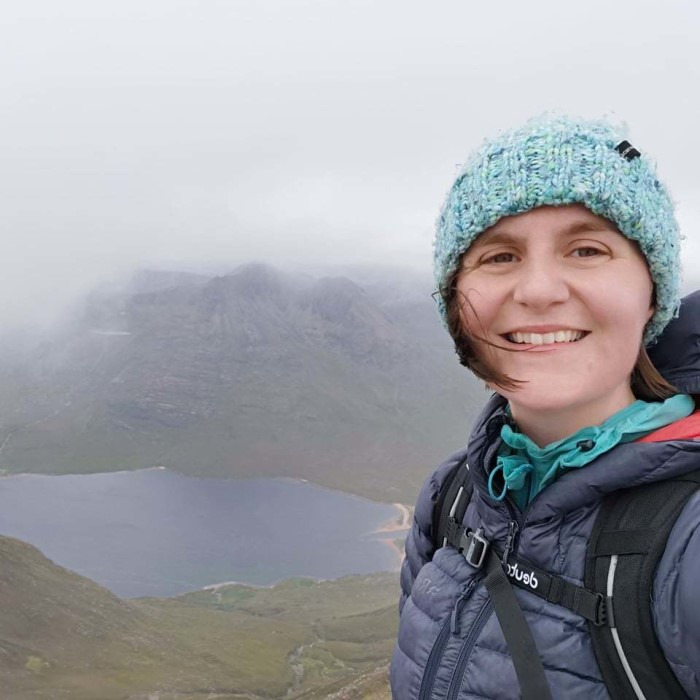Mapping, expanding and assessing Britain’s Temperate Rainforests
Author(s): Fiona Plenderleith, Kevin Watts, Joe Beesley

Land use and ecosystem services (LUES)
Prior to joining the LUES team she completed her PhD at the James Hutton Institute and University of Aberdeen (2023) which investigated the impacts of ash dieback for the connectivity of ash-associated insects and used spatial modelling to explore options for increasing connectivity between existing woodlands.
ResearchGate: Fiona Plenderleith
Fiona is an ecologist with an interest in woodland connectivity. She is particularly interested in exploring how species disperse through different features of the landscape (e.g. dispersal through newly created woodlands). Her research uses data on species movement (obtained through tracking or landscape genetics) and spatial modelling tools to assess functional connectivity.
Plenderleith, F.A., Palmer, S.C., Travis, J.M., Lancaster, L.T., Stockan, J.A. and Mitchell, R.J., 2022. The consequences of tree disease and pre-emptive felling on functional and genetic connectivity for woodland invertebrates. Ecological Informatics, 72, p.101820.
Plenderleith, F.A., Irrazabal, V.A., Burslem, D.F., Travis, J.M. and Powell, P.A., 2022. Predicting spatially heterogeneous invasive spread: Pyracantha angustifolia invading a dry Andean valley in northern Argentina. Biological Invasions, 24(7), pp.2201-2216.
Hearn, J., Plenderleith, F. and Little, T.J., 2021. DNA methylation differs extensively between strains of the same geographical origin and changes with age in Daphnia magna. Epigenetics & Chromatin, 14, pp.1-14.